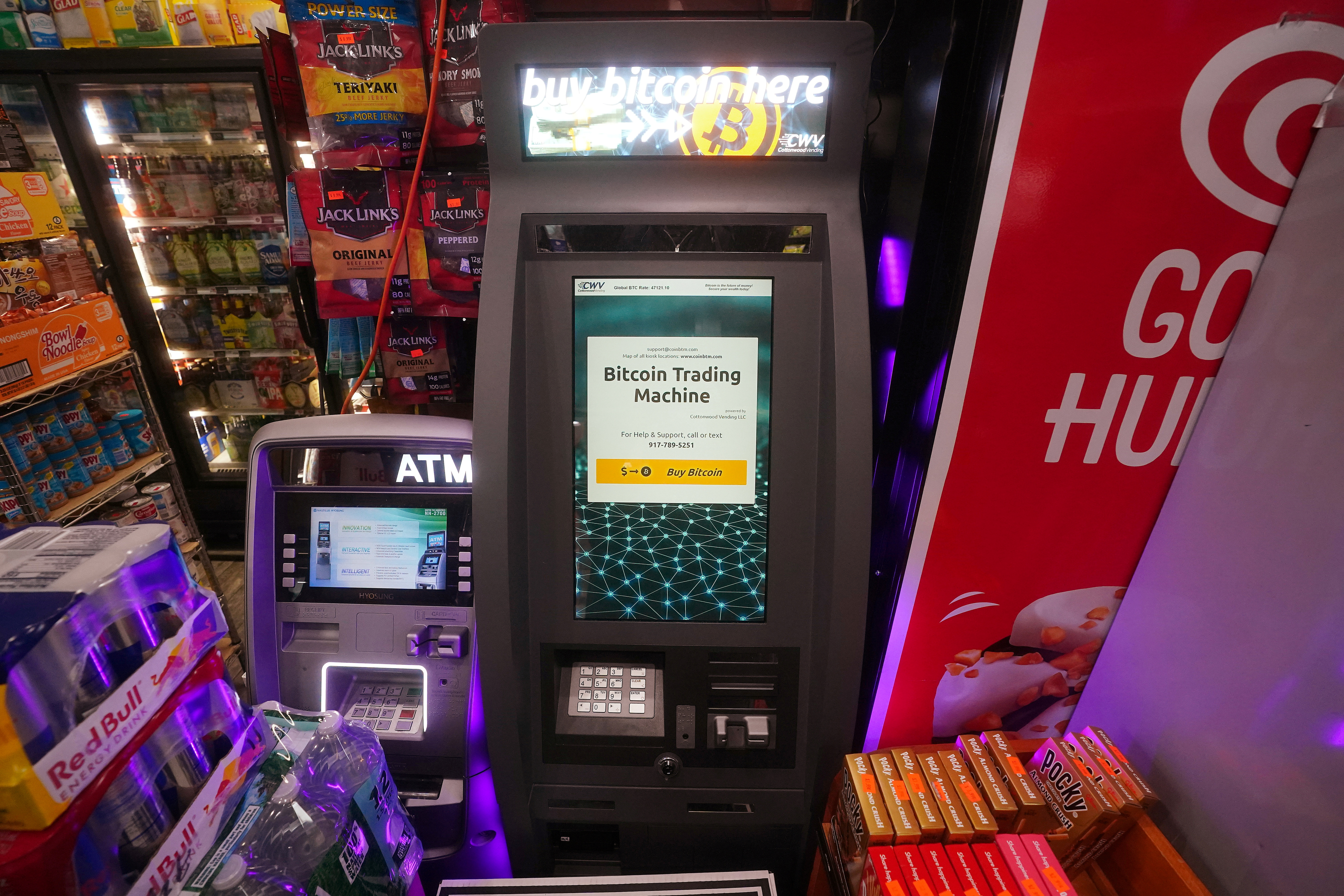(ATF) Elon Musk is playing his new favourite game again.
As bitcoin, the cryptocurrency in which his car company has invested heavily, hit a record the South African billionaire was encouraging followers to dump another of his touted virtual assets, dogecoin.
Bitcoin climbed past $50,000 for the first time, extending a sharp rally that has been mostly fuelled by big investors beginning to take digital assets seriously.
The first and most famous cryptocurrency hit $50,602, and was last up 3.3% at $49,537. It has risen around 72% this year, most of that after Musk’s Tesla said it bought $1.5 billion of bicoin and would accept it as payment.
Also on ATF
- BNY Mellon joins institutional surge of acceptance for bitcoin
- Yellen damps bitcoin excitement with abuse warning
- Jaguar’s great EV leap forward comes with net zero pledge
- Toyota sees share surge after unveiling EVs for US market
Near worthless a decade ago when software developer Laszlo Hanyecz paid 10,000 bitcoins for two pizzas, the asset was at $20,000 only in mid-December, but had until now struggled to crack $50,000 after a few attempts.
“The recent market conditions and events both in the crypto space and the financial world at large put such a price movement within the realm of possibility,” said Jacob Skaaning of crypto hedge fund ARK36.
“However, I’d like to offer a word of caution: while my long-term outlook is bullish, massive price fluctuations along the way are only to be expected. Bitcoin is still extremely volatile.”
A similar fate looks unlikely yet for dogecoin. Although Musk talked up the meme-based digicurrency last week, he is now supporting major holders in selling most of their coins.
“If major Dogecoin holders sell most of their coins, it will get my full support. Too much concentration is the only real issue imo”, Musk said in a tweet.
Financial fringes
Tesla’s move was the latest in a string of large investments that have vaulted bitcoin from the fringes of finance to company balance sheets and Wall Street dealing desks, as US firms and traditional money managers have started to buy a lot of it.
That’s putting pressure on central banks to fasten their own plans to issue digital cash and fend off private-sector threats to traditional money.
Central bank digital currencies (CBDCs) are the electronic equivalent of cash.
Like banknotes or coins, they would give holders a direct claim on the central bank, leapfrogging commercial banks. Backed by central banks, they would be as “risk-free” as traditional money, and let holders make online payments.
Access to central bank money beyond physical cash has so far been restricted to financial institutions. Extending it to the broader public would have major economic and financial repercussions.
Central banks fear losing control of the global payments system to cryptocurrencies, which are typically not controlled by any central body – or to private entities, such as in the case of Diem.
That could weaken central banks’ grip on money supply, one of the main avenues for steering economies. And the threat has grown more real amid the snowballing mainstream embrace of digital currencies.
Financial firms BNY Mellon and Mastercard said last week they would offer support for digital assets, while the city of Miami is seeking to allow the use of bitcoin for paying workers, and for fee and tax payments.
As the use of physical cash declines, a CBDC would be a safer digital payments alternative to cryptocurrencies.
- With reporting from Reuters























